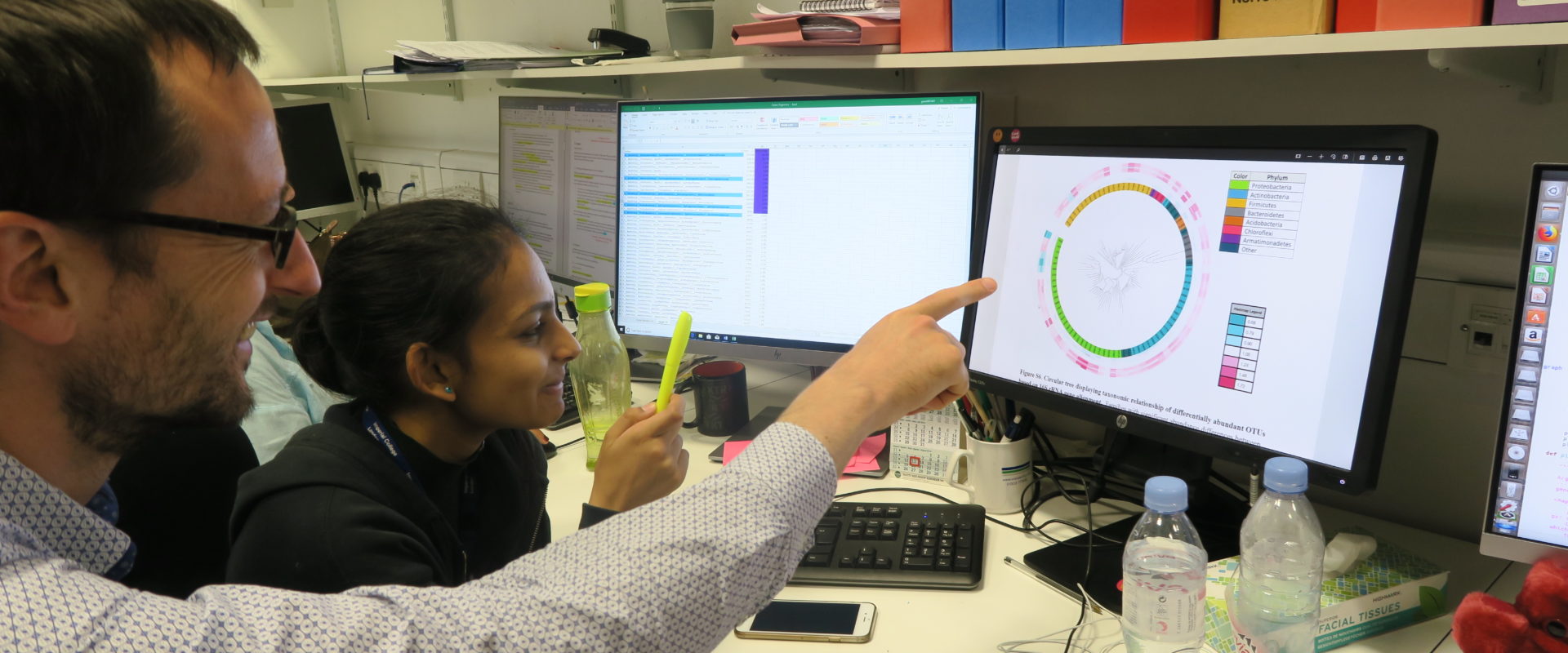Let’s start by laying out the problem: people coming from disadvantaged and working class backgrounds are underrepresented within the UK STEM sector. To put that into figures, we’re talking just 6% of doctors, 9% of life science professionals and 15% of academics come from working class backgrounds. Considering this, alongside data which shows that workers within STEM as a whole generally earn more, we can see how opening up access to the STEM sector can help to pave the way for social mobility.
Decisions, decisions decisions – making the right ones
But what’s preventing young people from getting in the door of the STEM sector? Unfortunately there isn’t a clear-cut answer to this question, with multiple factors involved including family income, access to opportunities and having aspirational role models. For young people deciding to go onto higher education, what degree subject to study is a key consideration. A recent report out from UCAS looked at the influences on subject choice for school leavers. They found that the second biggest motivator for 18 and 19 year olds in choosing their degree was career prospects, with this factor holding more weight for disadvantaged students (52%) compared to their more advantaged peers (40%).
With this in mind, it’s clear that career awareness, especially highlighting the broad range of careers that are accessible within STEM, has a major role to play in influencing student choice. Raising awareness of less well known STEM careers and providing advice on routes into these careers is a key element of the In2scienceUK Programme. We do this through matching students to a mentor who works in a field they are interested in, and delivering careers panels and tailored skills workshops.
The UCAS report also looks at the role of information and advice in helping to guide student decisions. They found that 43% of students from disadvantaged backgrounds felt they would have benefitted from more information and advice to help them make better decisions, compared to 37% of more privileged students. Throughout our summer programme, In2scienceUK students get the chance to interact with a wide range of professionals from across the STEM sector who volunteer to offer their expert insights, advice and guidance in the form of small group mentoring, one-day work placements, in-depth research courses and one-off workshops. Working with students who may otherwise be limited by not having the networks and systems around them to provide STEM focused support, our programme gives them the tools with which to make their own informed decisions about what they want to, and importantly can, achieve within STEM.
Empowering the next STEM generation
At In2scienceUK our mission is to support young people from disadvantaged and low income backgrounds to fulfill their potential within STEM and set the foundations for increased aspirations and prospects. We are thrilled by the impact we achieve year on year for students who take part in our programme, knowing that the support we provide students is valued and having a positive effect. Last year 83% agreed that they knew where they could get advice and support for the University application process, an increase of 22% compared to before they took part in our programme.
An independent evaluation of the In2scienceUK Programme found that the interactions young people have whilst on our programme also lead them to change their perceptions about the types of people who work in STEM, a shift in understanding which is important for building their confidence, and which also shows that our work is breaking down stereotypes and barriers.
We are incredibly proud that our impact has also been recognised through being awarded The Queen’s Award for Enterprise: Promoting Opportunity Through Social Mobility.
The path ahead
In the UK the pandemic has sharpened social divides and brought social mobility up in the agendas of more and more people. A recent Government poll of public attitudes towards social mobility highlighted that only 35% of UK adults believe that everyone has a fair chance to go as far as their hard work will take them. It also showed that people increasingly view now as the time for employers to take action towards improving social mobility.
At In2scienceUK, we have worked incredibly hard to ensure that our support for young people from disadvantaged backgrounds continued throughout the course of the pandemic. In fact, our programme this summer sees us supporting our largest cohort yet, largely thanks to an outpouring of support from volunteers and funders all committed to our mission.
There’s a wealth of talent and potential in the young people that we empower. With the support of mission aligned individuals and organisations volunteering and partnering with us, we can continue to drive forward change to create a more inclusive STEM sector with fair access for all.
